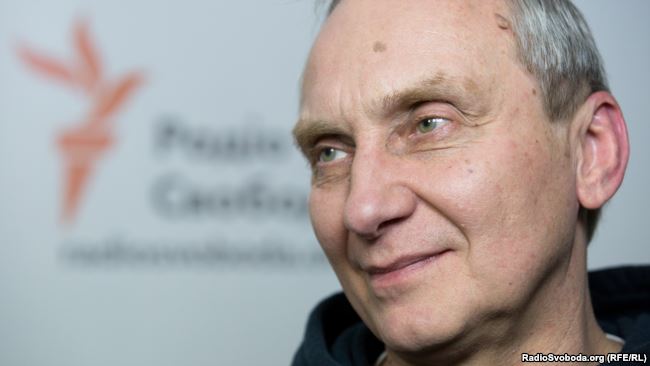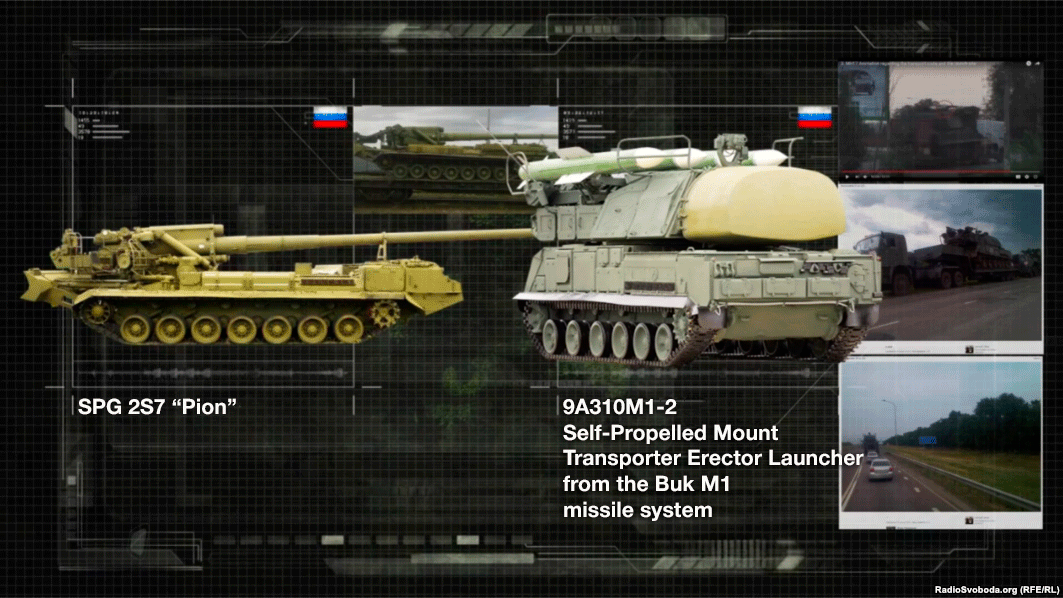On 27 December 2017, Ukraine and Russian-run so-called Luhansk and Donetsk "people’s republics" (“LNR” and “DNR”) conducted its largest prisoner exchange since war broke out in the Eastern-Ukrainian region of the Donbas in 2014. In total, 73 Ukrainians who have been held hostage in the occupied territories of eastern Ukraine were exchaned for 233 citizens who were detained, being tried, or already sentenced in Ukraine. One of them was Ihor Kozlovskyi, an historian and scholar of religion, the President of the Center for Religious Studies and International Spiritual Relations. He taught Religious Studies at Donetsk National Technical University. He is the author of over 50 books and 200 studies. At the end of 2016, Ihor Kozlovskyi was apprehended by representatives of the terrorist group “DNR.” The militants accused Kozlovskyi of “illegal acquisition of explosives.” Accordingly, the so-called “court” argued for Kozlovskyi’s arrest on the ground that he is “an especially untrustworthy citizen, because he made contact with several organizations banned within the "DNR," particularly with members of the Svoboda party in 2014.” In an intervew with RFE/RL, Mr. Kozlovskyi shared his experience of living through captivity in the "DNR."
We need a mature civil society. This is a phenomenon which is necessary to cultivate as a national idea. And we need to converse with civil society over there [in occupied Donbas - ed]. How we can do this, I still don’t know. Because you need to reach every person, every personality, so that they may hear you. And for them to hear you, it is necessary to converse, and that means in their language, to find a point of contact, without which no progress can be made.
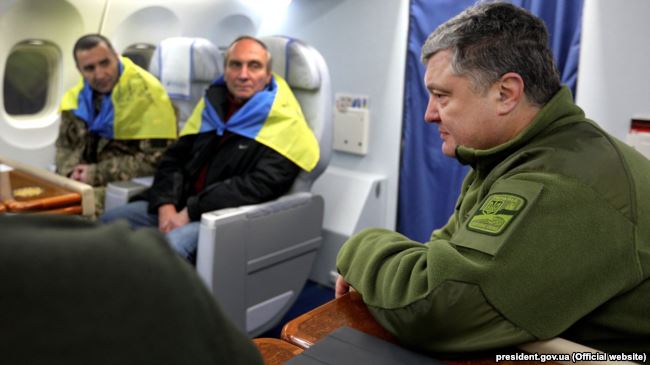
Regarding ideas… When they were torturing me, when I had a bag over my head, they screamed that they were the “Russian World.” This is a mythological construct, and ideological construct which they have concocted. Nobody knows what this “Russian World,” which they endlessly talk about, even is…
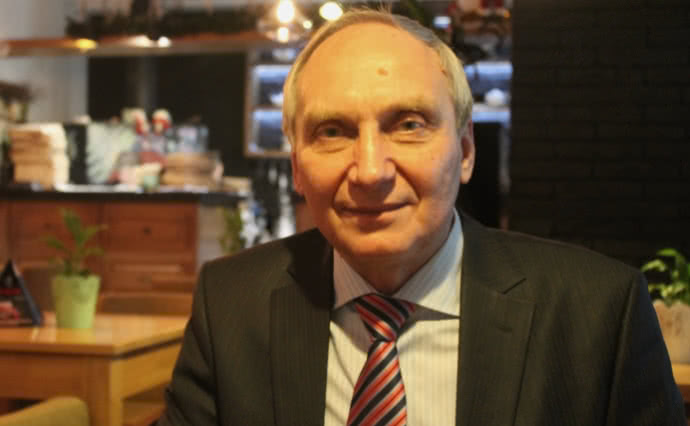
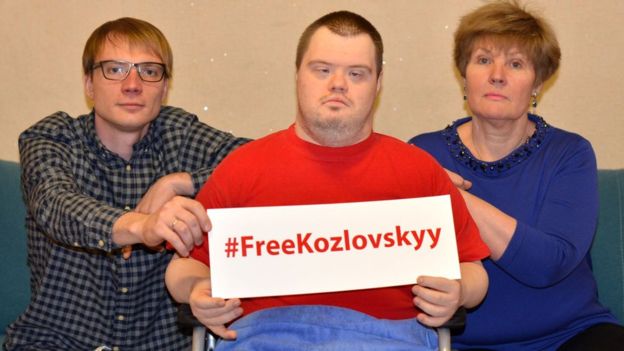
Read also:
- Moscow Patriarchate takes lead in prisoner exchange to its benefit in Ukraine
- Largest prisoner swap in Donbas: 73 Ukrainians released from captivity of Russian-run “republics”
- Torture and humiliation: freed Ukrainians talk about Donbas captivity
- Luhansk militants tortured disabled Ukrainian woman to make her “confess” she is a spy
- What do teens in occupied Donetsk want in life?
- Who is who in the Kremlin proxy “Donetsk People’s Republic”
- Ukrainian civil resistance to Russian occupation in Donbas
- Russian proxy “republic” sentences two pro-Ukrainian football fans to 13 & 17 years

